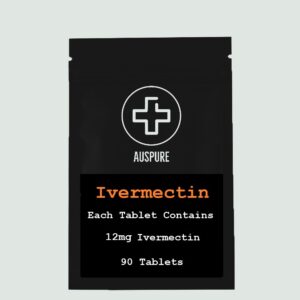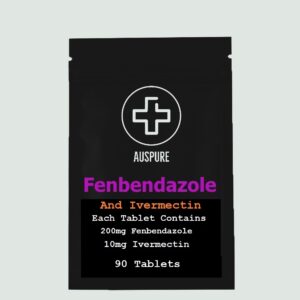Fenbendazole vs Pyrantel Pamoate: A Comprehensive Comparison
Parasitic infections are a significant concern in veterinary and human medicine. Two commonly used antiparasitic medications are Fenbendazole and Pyrantel Pamoate. Understanding their differences is crucial for effective treatment. This article provides an in-depth comparison of Fenbendazole and Pyrantel Pamoate, focusing on their uses, mechanisms of action, effectiveness, safety profiles, and applications.
Uses and Spectrum of Activity
Fenbendazole
Fenbendazole is a broad-spectrum anthelmintic effective against various internal parasites, including:
- Nematodes (e.g., roundworms, hookworms, whipworms)
- Cestodes (certain tapeworms)
- Some protozoa (e.g., Giardia)
Its versatility makes it a preferred choice for treating multiple parasitic infections simultaneously.
Pyrantel Pamoate
Pyrantel Pamoate primarily targets gastrointestinal nematodes, such as:
- Ascaris lumbricoides (large roundworm)
- Enterobius vermicularis (pinworm)
- Ancylostoma and Necator species (hookworms)
Its efficacy against these specific parasites makes it a common choice for targeted treatments.
Mechanisms of Action
Fenbendazole
Fenbendazole disrupts the energy metabolism of parasites by inhibiting glucose uptake, leading to energy depletion and death of the parasite.
Pyrantel Pamoate
Pyrantel Pamoate acts as a neuromuscular blocking agent, causing spastic paralysis in worms, which are then expelled from the host’s body.
Effectiveness
Both medications are effective against their respective target parasites. Fenbendazole’s broad-spectrum activity makes it suitable for mixed infections, while Pyrantel Pamoate’s targeted action is ideal for specific nematode infections.
Safety Profiles and Side Effects
Fenbendazole
Generally well-tolerated, with mild gastrointestinal disturbances such as diarrhea, vomiting, and decreased appetite reported in some cases.
Pyrantel Pamoate
Also well-tolerated, with potential side effects including mild gastrointestinal symptoms like stomach pain, nausea, and diarrhea.
Administration and Dosage
Both medications are available in various formulations, including oral suspensions, tablets, and granules. The choice of formulation and dosing schedule should be determined by a healthcare professional or veterinarian based on the specific needs of the patient.
Applications in Veterinary and Human Medicine
In veterinary medicine, both drugs are used to treat parasitic infections in animals. Pyrantel Pamoate is FDA-approved for treating pinworm infections in humans and is available over the counter in many countries. Fenbendazole, while not FDA-approved for human use, has shown potential in experimental cancer treatments and remains a staple in veterinary practices.
Key Differences Between Fenbendazole and Pyrantel Pamoate
Although both medications are effective antiparasitics, their differences highlight distinct applications:
- Spectrum of Activity: Fenbendazole offers a broader range of action, including protozoa and some tapeworms, while Pyrantel Pamoate primarily targets nematodes.
- Mechanism of Action: Fenbendazole inhibits glucose uptake, whereas Pyrantel Pamoate causes paralysis in worms.
- Usage: Pyrantel Pamoate is commonly used in both human and veterinary medicine, while Fenbendazole is predominantly used in animals, with experimental use in humans.
Conclusion
Both Fenbendazole and Pyrantel Pamoate are effective antiparasitic medications, each with unique advantages. Fenbendazole’s broad-spectrum efficacy makes it a versatile option for treating multiple parasitic infections, while Pyrantel Pamoate’s targeted action is ideal for nematode-specific infestations. The choice of medication depends on the type of parasite, the host, and the intended application. Always consult with a healthcare provider or veterinarian for guidance tailored to your specific needs.
Note: This article is for informational purposes only and does not replace professional medical or veterinary advice. Always consult a qualified professional before administering any medication.





